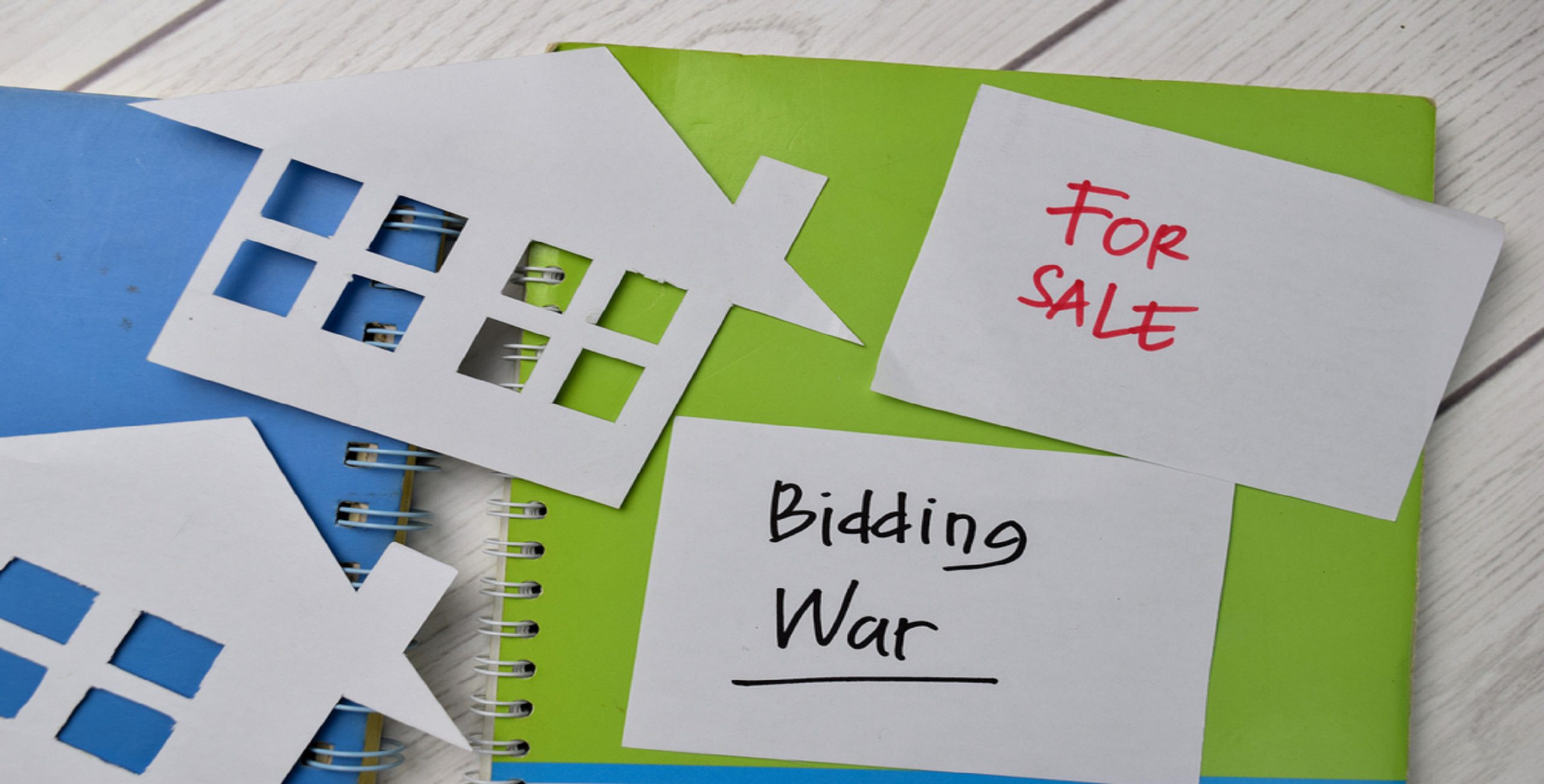No products in the basket.
In the business world, settling deals has an underrated yet critical step: Bid Writing! Whether you’re a seasoned professional or a novice, Bid Writing will be your key to success! In this blog, we will explore various ways you can improve your bid writing skills and get all the best deals!
What is Bid Writing?
Bid writing is a vital part of the business world, especially in purchase and contract acquisition. More specifically, it is the preparing and submitting of a proposal or bid. Moreover, it is done in response to a request for proposals (RFP) or a similar order from a potential client or customer.
Bid writing aims to communicate why your company is the best fit for a particular project or contract. Furthermore, bids must be written persuasively to attract potential clients.
What is a Bid Writer?
A Bid Writer is someone who writes bids for themselves or clients in need. Moreover, a bid writer is someone skilled in writing persuasively and assertively. Their bid writing must convince the contractor to choose their contract over others. Therefore, they must have excellent writing and presenting skills to secure potential deals.

What does a Bid Writer Do?
A bid writer creates persuasive proposals in response to RFPs. Therefore, their primary focus is on securing contracts. They do this by communicating an organisation’s capabilities, qualifications, and proposed solutions. Here are some steps involved in the process of bid writing:
- Research: Bid writers gather crucial information about the client, project, and competition. This involves understanding the client’s needs, analysing the project scope, and complying with RFP requirements.
- Writing and Collaboration: Afterwards, they skillfully draft bid documents. Moreover, they collaborate with subject matter experts and stakeholders to ensure accuracy and content.
- Quality Assurance and Deadline Management: Finally, they proofread the documents to make sure they are compliant with the RFP demands. Moreover, they do post-writing work by conducting thorough reviews and managing tight deadlines.
How to Write Better Bids?
Here are some key elements and considerations involved in bid writing:
Understanding the Requirements:
Before diving into bid writing, it is essential to thoroughly understand the requirements outlined in the RFP. Namely, this involves carefully reading and interpreting the client’s needs, specifications, and any other relevant details. Thus, it helps one prepare a clear and compelling proposal for the project.
Crafting a Persuasive Proposal:
Successful bid writing involves more than just presenting facts and figures. In fact, it requires the ability to craft a persuasive proposal. One that not only addresses the client’s requirements but also shows the unique strengths and capabilities of your company. For example, this may include showcasing past successes, demonstrating expertise, and differentiating your offering from competitors.
Technical and Financial Details:
Bid writing often involves presenting technical details, project plans, and financial information. Thus, there has to be a balance between sufficient and expertise while avoiding unnecessary jargon that may confuse the client. Additionally, a well-prepared financial proposal is crucial for transparency and building trust.
Compliance and Deadline Adherence:
Clients typically set specific guidelines and deadlines for bid submissions. Hence, ensuring that your bid complies with all requirements and is submitted on time is vital. Moreover, failure to follow these guidelines can result in disqualification, regardless of the quality of your proposal.
Training Courses:
Bid writing is often an iterative process that involves multiple drafts and revisions. However, enrolling in a Course can drastically improve your skills. In fact, we offer a Bid Writing Course on our website that can help you with just that!
Crafting a Winning Bid
With a solid foundation in place, let’s explore the tips and tricks to elevate your bid writing game and increase your chances of winning dream projects.
- Customise Your Bid for the Client: A common mistake in bid writing is using a generic template for all proposals. Avoid this at all costs! Instead, you should tailor your bid to the specific needs and preferences of the client.
- Clearly Define Your Methodology: Outline a clear and concise methodology for how you plan to approach the project. Moreover, provide a step-by-step plan that aligns with the client’s requirements.
- Address Potential Concerns Proactively: Address any potential concerns the client may have, whether they are related to budget, timelines, or specific project challenges.
- Clear and Detailed Budgeting: Develop a detailed and transparent budget that clearly outlines costs in each phase of the project. So, be realistic and avoid unnecessary padding.
- Proofread and Edit Thoroughly: Nothing undermines the professionalism of a bid more than typos and grammatical errors. So, thoroughly proofread and edit your bid. Thus, ensuring clarity, coherence, and correctness.
- Meet or Exceed Formatting Requirements: Follow the specified formatting requirements outlined in the RFP. A well-organized and visually appealing bid only showcases amazing attention to detail.

Post-Submission Strategies of a Bid Writer
Submitting a compelling bid is just the first step. To increase your chances of securing dream projects, employ post-submission strategies that demonstrate your commitment and dedication.
Follow Up Promptly
After submitting your bid, follow up promptly with the client to express your continued interest in the project. Furthermore, you need to address any additional questions or concerns they may have. In doing so, you show your active approach and eagerness to collaborate.
Engage in Effective Communication
Establish open and transparent communication channels with the client. For example, respond promptly to any inquiries they seek. Moreover, you should provide additional information or clarification as needed. Clear and effective communication builds trust. Therefore, it strengthens your relationship with the client.
Demonstrate Flexibility and Adaptability
Be open to adjustments and modifications based on client feedback. Showing flexibility and a willingness to collaborate shows that you are focused on meeting the client’s specific needs. Thus, it gets you a much better opinion from the client.
Showcase Continued Interest
Throughout the evaluation period, continue showcasing your interest in the project. Namely, attend any client meetings or presentations. Furthermore, use these opportunities to show your commitment and enthusiasm for the collaboration.
Highlight Ongoing Successes
Share any relevant successes your business experiences during the evaluation period. For example, this can include new partnerships, completed projects, or industry recognition. In doing so, you reinforce your capabilities in handling projects.
Prepare for Negotiations
If your bid progresses to the negotiation stage, be well-prepared. You should not forget your bottom line. However, you must also be flexible in finding mutually beneficial solutions. Finally, a collaborative and solution-oriented approach during negotiations can strengthen your position.
Conclusion
Mastering the art of bid writing is a continual process of refinement and adaptation. By following the steps outlined in this blog, you can significantly improve your chances of securing dream projects.
Remember, bid writing is not just about showcasing your capabilities; it’s about building a relationship with the clients. So, you must build trust through transparency and shared goals. Using our tips and tricks will help you to stand out in the competitive landscape and turn your dream projects into reality!





